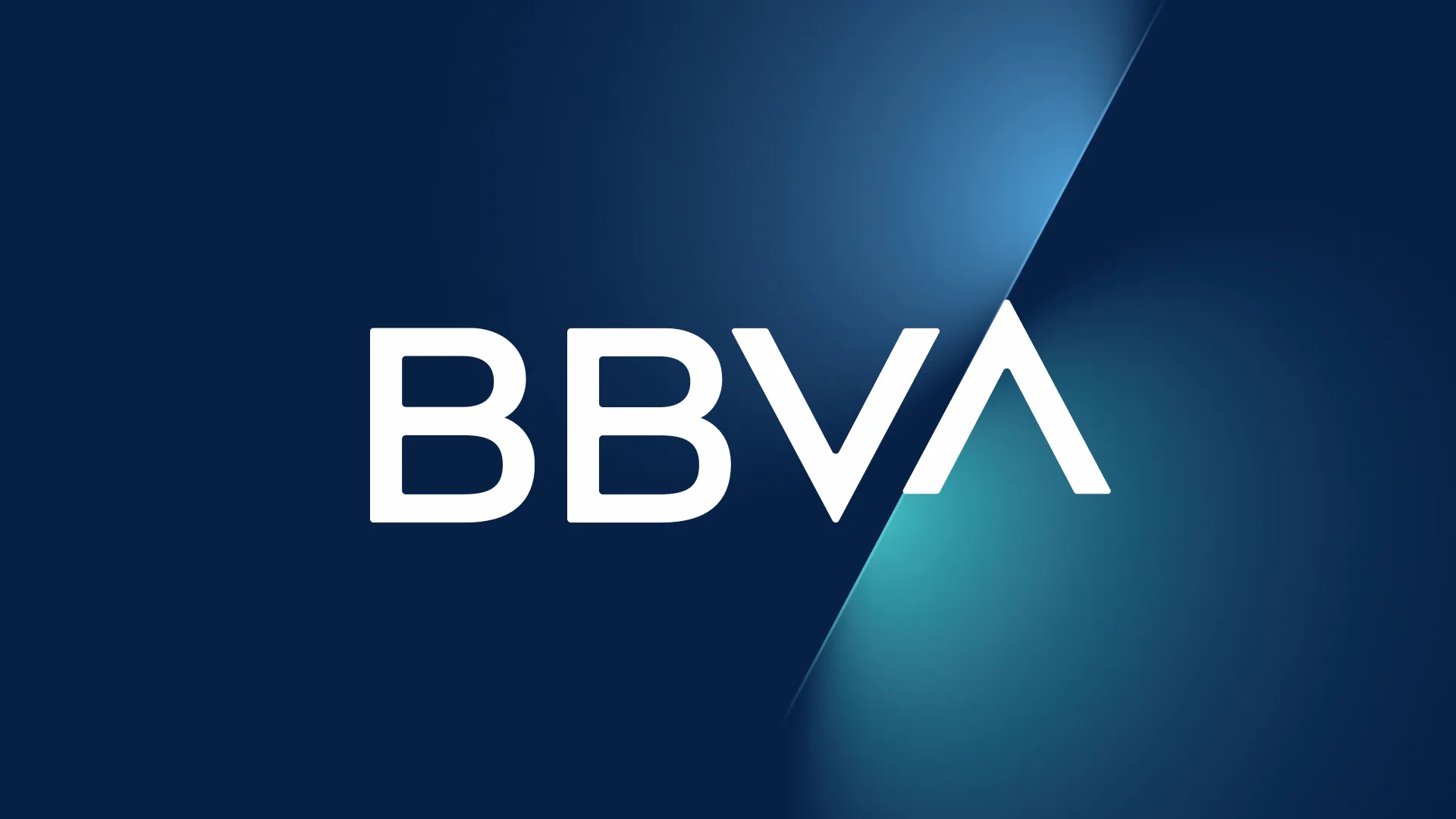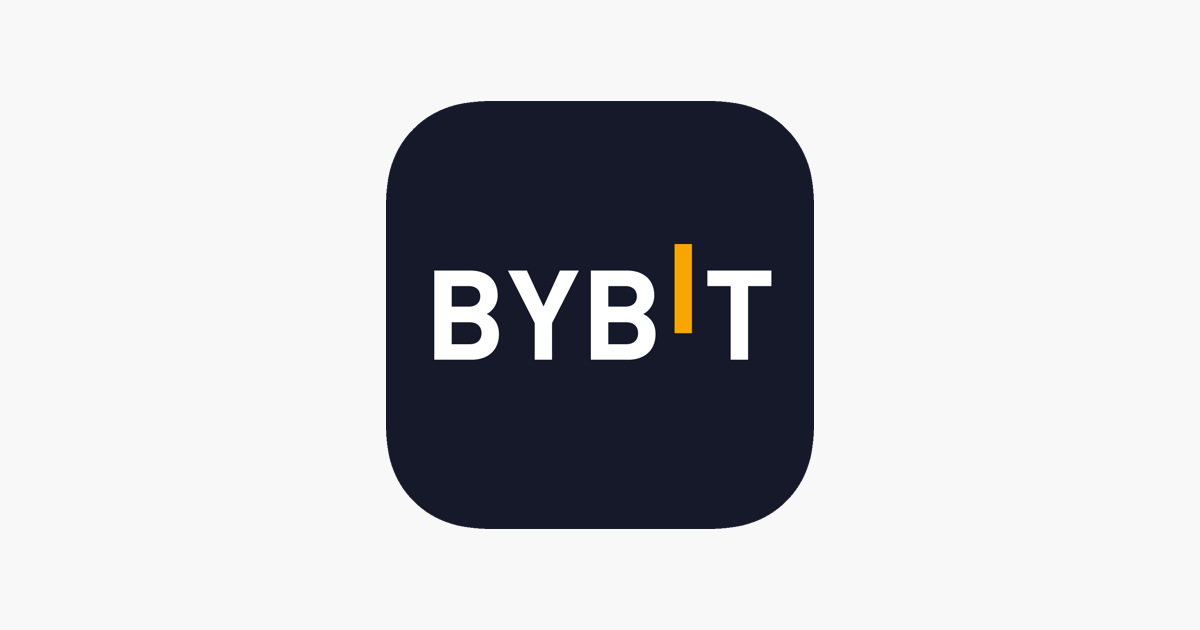Can You Lose Money in a Money Market Account?
When it comes to safeguarding your hard-earned savings, a money market account is often considered a safe and stable option. But what if you're worried about losing money in this type of account? The good news is that, generally speaking, you can't lose money in a money market account unless you deposit more than the federally insured amount of $250,000 and the institution fails.
In the United States, money market accounts at banks are insured by the Federal Deposit Insurance Corp. (FDIC), while accounts at credit unions are protected by the National Credit Union Administration (NCUA). This means that if your financial institution were to fail, you would be reimbursed for deposits up to $250,000.
However, it's essential to note that there is a catch. If you deposit more than the insured amount and the institution fails, you could potentially lose some or all of those excess funds. To avoid this scenario, it's crucial to keep your total deposits below the insured threshold.
Is It Worth It To Put Money in a Money Market Account?
So, is it worth putting money into a money market account? The answer depends on your individual financial goals and needs. A money market account may offer a higher interest rate than a traditional savings account, allowing you to earn more on your deposits. Additionally, these accounts typically provide easier access to your funds than CDs (certificates of deposit) or other fixed-rate investments.
Moreover, money market accounts are designed to be liquid, meaning you can access your money when needed. This makes them an excellent option for those who want to keep their savings accessible while still earning a competitive interest rate.
However, it's crucial to consider the minimum balance requirements that come with many money market accounts. You may need to maintain a certain balance or risk incurring fees and penalties if you fall below the required threshold.
What Is the Difference Between a CD and a Money Market Account?
A money market account offers the benefits of both a checking account and a savings account: easy access to funds and higher interest earned on deposits. In contrast, a CD ties up your cash for a set period, making it inaccessible until the maturity date.
If you're looking for a low-risk investment with a fixed return, a CD might be the better option. However, if you want to keep your savings liquid while still earning a competitive interest rate, a money market account could be the way to go.
In conclusion, while there are some nuances to consider when it comes to money market accounts, they can be an excellent choice for those looking for a low-risk investment with easy access to their funds. Just remember to keep your deposits below the insured threshold and meet any minimum balance requirements to avoid potential losses.







